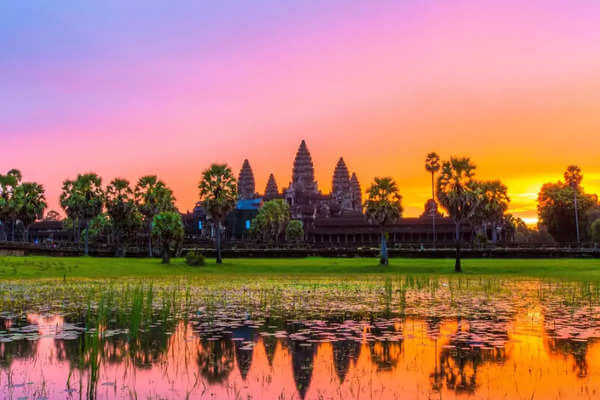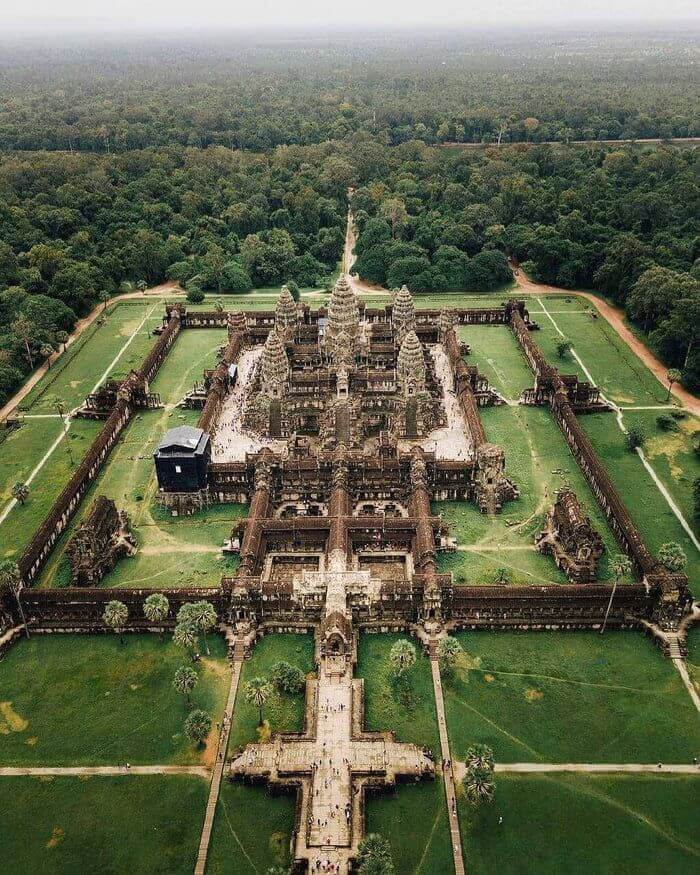Phnom Penh, November 25 (AseanAll) — Cambodian Prime Minister Hun Manet has expressed his congratulations to the Angkor Wat Temple, in the heart of Cambodia, after replacing Pompeii of Italy to be crowned the eighth wonder of the world.
“Congratulate Angkor Wat Temple on becoming the eighth wonder of the world by beating Italy's Pompeii,” he said on his social media network on the night of November 24, 2023.

According to the Time of India, Eighth Wonder of the World is an unofficial title given to new buildings or projects or designs, among others.
Angkor Wat is a huge temple complex and a UNESCO World Heritage Site. This place is the largest religious monument in the world that attracts lakhs of visitors from across the globe annually.
Built in the 12th century by King Suryavarman II, Angkor Wat was originally dedicated to the Hindu deity Vishnu. However, overtime, it transformed into a Buddhist temple. The transition from Hinduism to Buddhism is evident in the intricate carvings that adorn the temple walls, depicting scenes from Hindu and Buddhist mythology.
What makes Angkor Wat the eighth wonder of the world is its architectural brilliance. The temple spans an area of approximately 500 acres, with a massive moat surrounding its outer walls. The central temple complex is a marvel of symmetry and precision, featuring five lotus-shaped towers that represent Mount Meru, the mythical abode of the gods in Hindu and Buddhist cosmology.
The intricate bas-reliefs that adorn the walls of Angkor Wat are like an ancient visual encyclopedia, depicting scenes from Hindu epics, historical events, and the daily life of the Khmer people. The level of detail in these carvings is awe-inspiring, showcasing the skill and craftsmanship of the artisans who worked on this colossal project.

One of the most iconic experiences at Angkor Wat is witnessing the sunrise over its majestic towers. As dawn breaks, the temple is soaked in shades of pink, orange, and gold, creating a breathtaking spectacle.
Beyond its architectural splendor, Angkor Wat holds immense cultural and spiritual significance. The temple remains an active religious site, attracting Buddhist monks and devotees who come to pay their respects and engage in prayer and meditation.